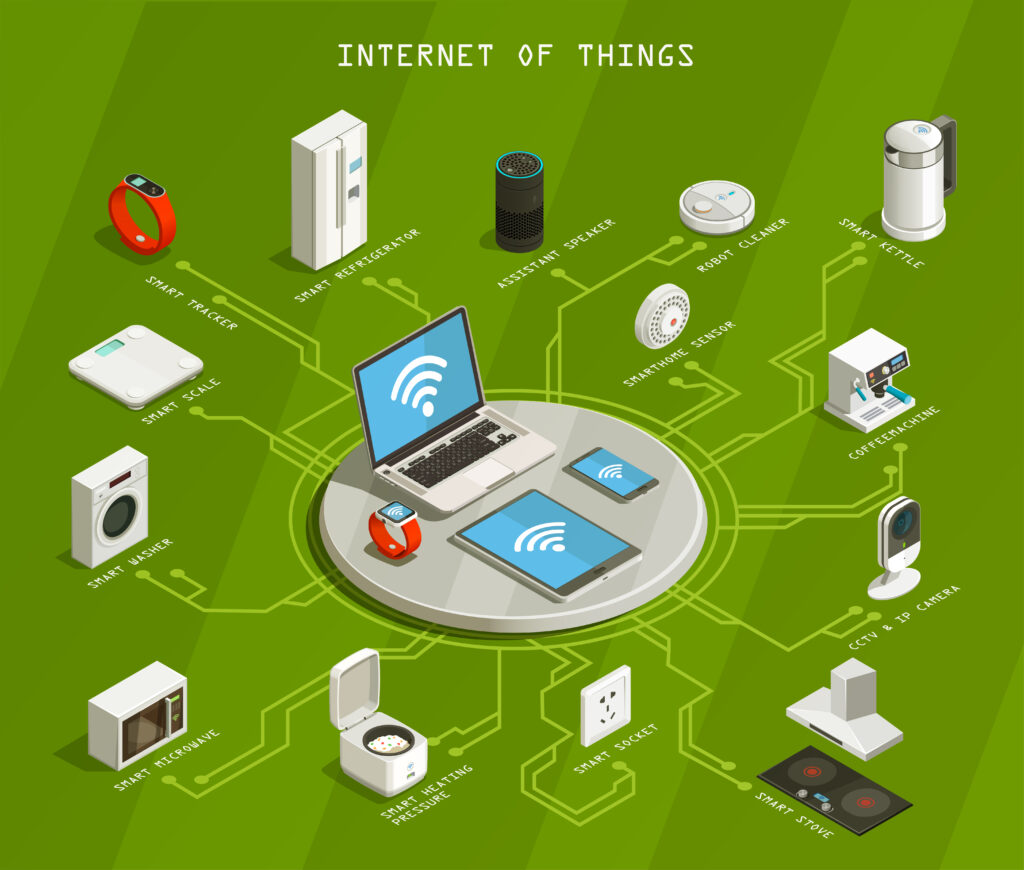The Race for Quantum SupremacyCurrent Quantum Computers
At present, quantum computers are not something you’ll find in your everyday office, but they do exist. Companies like IBM, Google, and startups like Rigetti have developed quantum computers with a limited number of qubits. These machines are still in their experimental stages and are primarily used for research and development.In the realm of cutting-edge technology, one term that has been making waves is “Quantum Computing.” This revolutionary field has the potential to reshape the way we approach complex problems, offering unprecedented computational capabilities. In this article, we will delve deep into the world of quantum computing, exploring its fundamentals, applications, and the incredible promise it holds for the future.
Table of Contents

Understanding the Quantum World
Before we dive into the specifics of quantum computing, let’s take a moment to understand the basics of the quantum world
What is Quantum Mechanics?
The area of physics that deals with the behaviour of subatomic particles is known as quantum mechanics.It introduces us to a bizarre and fascinating reality where particles can exist in multiple states simultaneously and can be interconnected over vast distances through a phenomenon known as entanglement.
Quantum Bits (Qubits): The Building Blocks
Quantum bits, also known as qubits, are at the core of quantum computing. Unlike classical bits (0s and 1s), qubits can exist in a superposition of states, allowing for complex computations that classical computers could only dream of.
The Quantum Advantage
Now that we have a grasp of the quantum basics, let’s explore why quantum computing is generating so much excitement.
Speeding Up Problem Solving
Problems that are currently beyond the capabilities of classical computers may one day be resolved by quantum computers.Tasks like complex simulations, optimization problems, and cryptography can be executed at lightning speed.
Breaking Cryptography
It also poses a threat to traditional encryption methods. Its immense computational power could potentially break current encryption standards, leading to the need for new, quantum-resistant cryptographic techniques.
Quantum Computing in Action
Quantum computing is not just a theoretical concept; it is already making its presence felt in various industries.
Healthcare Revolution
In the field of healthcare, it can revolutionize drug discovery, enabling researchers to simulate complex molecular interactions and develop new drugs faster than ever before.
Financial Modeling
In the financial sector, quantum computing can optimize investment portfolios, predict market trends more accurately, and assess risk with greater precision.
Challenges on the Quantum Horizon
While quantum computing holds immense promise, there are several challenges that must be overcome.
Quantum Error Correction
The fragility of qubits necessitates the development of robust error correction techniques to maintain the integrity of quantum computations.

Scaling Up
Currently, quantum computers are in their infancy, with limited qubits. Scaling up the technology to handle more complex problems remains a significant challenge.
Quantum Supremacy
One of the milestones in the world of quantum computing was achieved when Google claimed to have achieved “quantum supremacy.” This term refers to the point at which a quantum computer can perform a specific task faster than the most advanced classical supercomputers. Google’s quantum computer, Sycamore, completed a complex calculation in just 200 seconds, a task that would take the most powerful classical supercomputers thousands of years to accomplish.
Quantum Cloud Services
As the demand for quantum computing grows, companies are exploring cloud-based quantum services. These services allow researchers and organizations to access quantum computers remotely, opening up opportunities for experimentation and development in various fields.
Quantum Computing’s Environmental Impact
While the potential of quantum computing is awe-inspiring, it’s crucial to consider its environmental impact. Quantum computers require extremely low temperatures, approaching absolute zero, to function. This necessitates complex cooling systems that consume significant amounts of energy. Addressing these energy challenges is essential for the sustainable development of quantum computing.
The Quantum Workforce
The field of quantum computing is still relatively niche, but it’s growing rapidly. As demand for quantum experts increases, universities and institutions are offering specialized courses and programs to train the next generation of quantum scientists and engineers. Quantum computing has the potential to create numerous high-paying jobs in the coming years.
The Future of Quantum Computing
Quantum Artificial Intelligence
One of the most exciting prospects of quantum computing is its potential to supercharge artificial intelligence. Quantum algorithms could revolutionize machine learning and optimization, allowing AI systems to process vast amounts of data more efficiently.
Quantum Internet
The concept of a quantum internet is also on the horizon. With quantum entanglement, data transmission could become ultra-secure and instantaneous. Imagine sharing information across the globe with absolute privacy and no delay.
Quantum Simulations
Quantum computers excel at simulating quantum systems. This capability is invaluable for scientific research, as it enables us to study complex physical phenomena, such as the behavior of molecules and materials, in unprecedented detail.
The Ethical Implications
The use of quantum computing raises ethical issues, as with any sophisticated technology.These include the potential for misuse, such as breaking encryption for nefarious purposes, and the need for ethical guidelines to ensure responsible development and deployment.
Conclusion: Embracing the Quantum Revolution

In conclusion, quantum computing is not just a buzzword; it represents a paradigm shift in computational capabilities. As we unlock the mysteries of the quantum realm, the potential applications are staggering. However, it’s important to remember that we are still at the early stages of this technological revolution. With continued research and innovation, quantum computing has the potential to transform industries, solve problems previously deemed unsolvable, and usher in a new era of computing power.
As researchers, scientists, and engineers continue to unlock the secrets of the quantum realm, we can look forward to a future where the impossible becomes possible, and the boundaries of technology are pushed further than ever before.
FAQs
What is quantum entanglement, and why is it important?
Quantum entanglement is a phenomenon where two or more particles become connected in such a way that the state of one particle instantly affects the state of the others, regardless of the distance between them. It’s important because it forms the basis for secure quantum communication.
Can any problem be solved by quantum computers more quickly than by traditional ones?
No, quantum computers are not universally faster than classical computers. They excel in specific areas, such as optimization and simulating quantum systems, but for many everyday tasks, classical computers remain efficient.
How can I get started with quantum computing?
If you’re interested in quantum computing, you can begin by studying quantum mechanics, programming languages like Qiskit or Cirq, and exploring online resources and courses offered by institutions and organizations.
What are the limitations of quantum computing?
Quantum computers are still in their developmental stage and face challenges such as qubit stability, error correction, and scaling. They are not yet ready to replace classical computers for all tasks.
Is quantum computing the key to unlocking the secrets of the universe?
While quantum computing is a powerful tool for scientific research, it is just one piece of the puzzle. Understanding the universe involves a multidisciplinary approach, and quantum computing is an exciting addition to our toolkit.
Is it the same as classical computing?
It differs fundamentally from classical computing. While classical computers use binary bits (0s and 1s), quantum computers use qubits, which can exist in superpositions, enabling them to perform certain tasks much faster.
What are the practical applications of quantum computing today?
Quantum computing is currently being explored for applications in fields like drug discovery, finance, and cryptography. However, these applications are still in the experimental phase.
![]()




